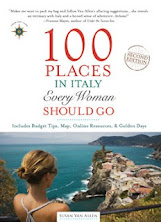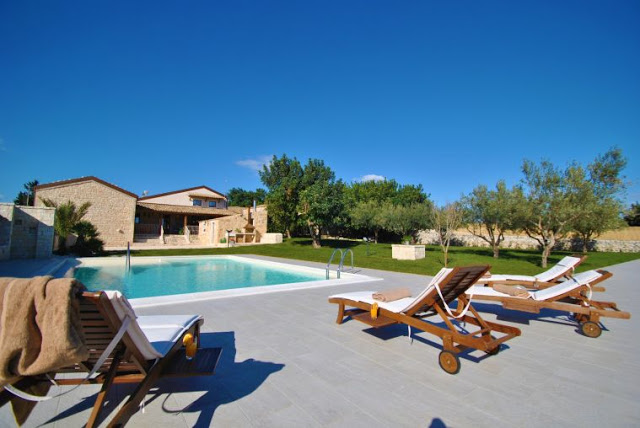 Nasser Da Clandestino a Cittadino by Luciano Zanardini
Nasser Da Clandestino a Cittadino by Luciano ZanardiniMy rating: 3 of 5 stars
Recently I'd been thinking about the way in which, since I started to write on my blog about migration in the Mediterranean in 2006, the vocabulary that we use to describe what is happening is changing: for instance, back then, illegal immigrants were referred to as "clandestini" in Italy and I used the term myself, whereas now the term "migranti" is always used.
Ata Alla Nasser Hamad Aly, who tells his story to Luciano Zanardini and who entered Italy in 1998, refers to himself as a "clandestino". At that time, there were several amnesties for illegal immigrants in the country but unfortunately Nasser, or Mimmo, as he became known to Italians, just missed one of these.
He tells us of his reasons for leaving Egypt and first among these was the impossibility of finding work there, although he had qualifications. He describes Egypt as a society in which nepotism reigns supreme and in which money talks. Anyone who has lived in Italy for any length of time knows that the same may be said of this country, but evidently it works in different ways here. What impresses Nasser about Italy is the respect that people have for work.
Next we learn about Nasser's journey to Italy: his family had, by making many sacrifices, managed to find the not inconsiderable sum he needed in order to pay people traffickers and he reached Italy via Albania, crossing to Italy at night in a dinghy containing 40 people. The boat was spotted by the Italian Coast Guard but those in charge of it knew how to dodge them. As they neared the beach, the people traffickers started hitting the passengers with lengths of wood so that they would jump into the cold, December sea. When they reached the beach, no police were waiting and Nasser assumes they deemed it more important to arrest the people traffickers. I should point out that the Italian police have a good record in arresting people traffickers but these days, because of the much greater number of migrant arrivals, there would be police, other officials and volunteers on hand to process and help the migrants.
That night, Nasser saw a young man who was walking in front of him drop dead from a heart attack, probably caused by the cold and the hardships of the journey. He points out that the Mediterranean, now so linked to death, was and is also a symbol of life as it has always made communication and business possible between people of different cultures.
Having cousins in Brescia, Nasser travelled there and found himself forbidden by his relatives to go out, because of his illegal status. He became more and more frustrated, for how was he to learn the language if he had no contact with anyone? When he did find a job, as a dishwasher in a pizzeria in a nearby town, he was shocked by the way he was treated: the owner's wife and children never so much as acknowledged him and he was allowed to drink only tap water [never bottled water] and to eat one pizza a day - nothing else. He soon became indispensable to the owner, though, and slowly and painfully learnt to make pizza. Finally, much to the owner's chagrin, he left. By this time, he writes,
"I had three extra weapons in my bag; patience, the will to overcome all obstacles and hope."
Nasser started working in another pizzeria, where he got on with the owner well and then his luck changed, for he met an elderly pizza chef called Piero who needed help. Nasser worked in both restaurants and one day Piero suggested they go into partnership. It was difficult for him to find the money but he managed to raise it and he transformed Piero's business, eventually opening a second pizzeria for him. Now Nasser owns three pizzerie and Piero regards him as a son and Nasser's children as his grandchildren. Yes, Nasser found time to get married too and he tells us his love story!
In 2003 Nasser was able to regularise his status in Italy and he firmly believes that integration depends not on how many years an immigrant has been in the host country but on his or her attitude; he also believes that immigrants have a duty to respect the country that has given them a chance. I was surprised to learn that Nasser and his family wish, eventually, to return to Egypt but they have certainly earned the right to do so.
Above all, Nasser believes in God and in hope and says that it is hope that causes so many migrants to sail for Europe:
"If you take hope away from someone he will die but if you leave him with a glimmer of it he will continue to live."
I would not agree with some of Nasser's observations about Italy but I suppose all our perceptions about place depend on where we started out. I found this short book interesting and inspiring and if you read Italian I would recommend it.
This review is also posted on Good Reads.
View all my reviews



























No comments:
Post a Comment